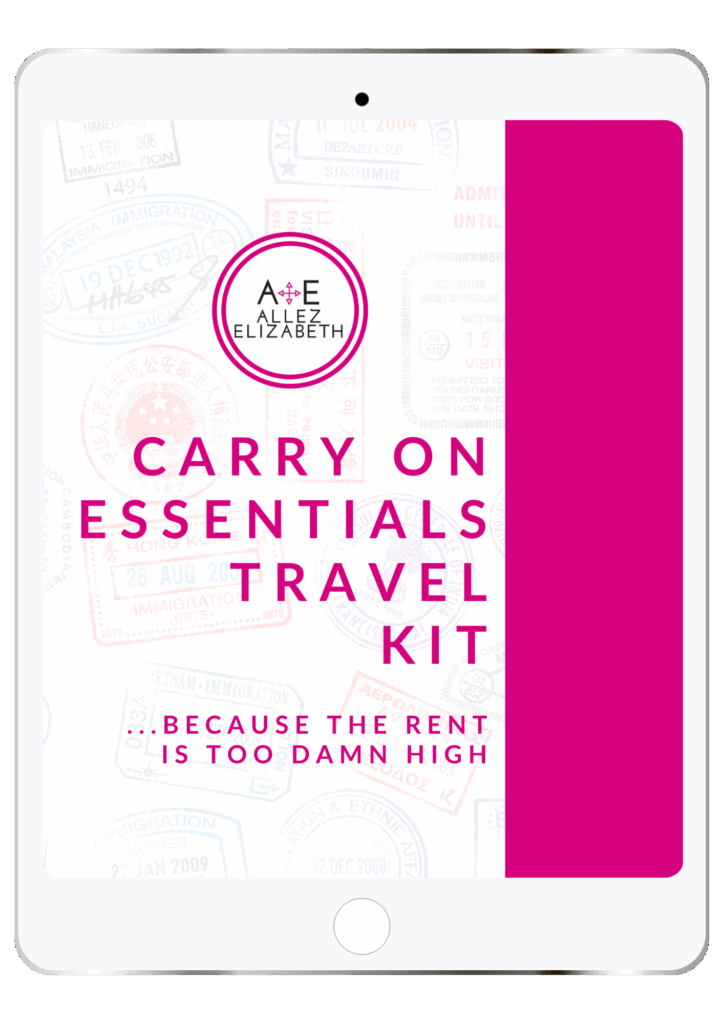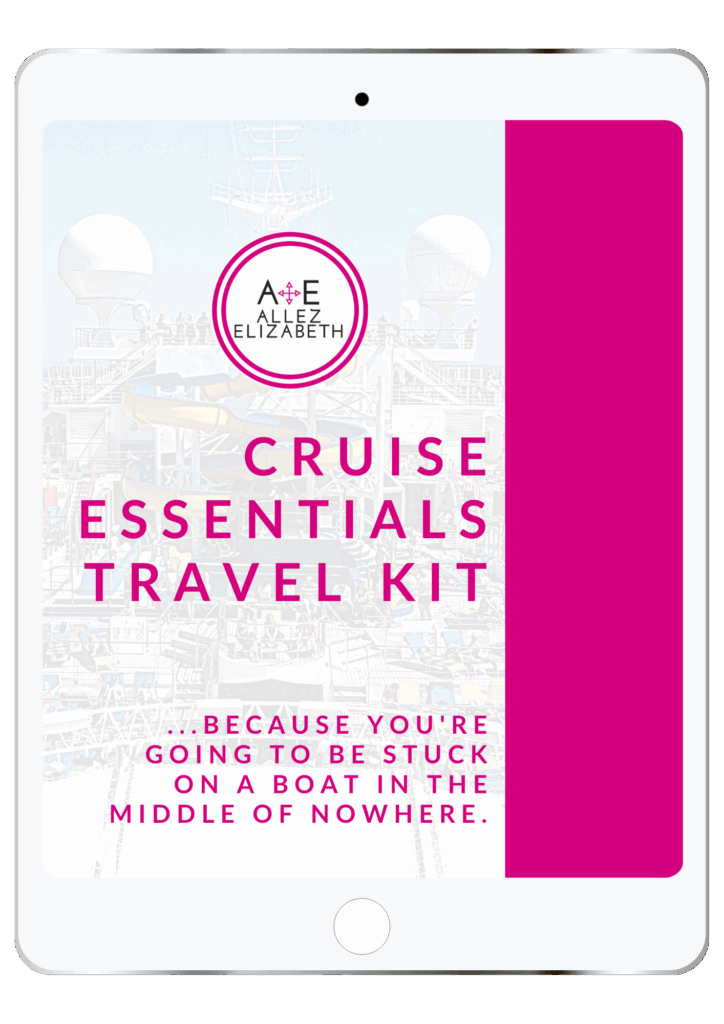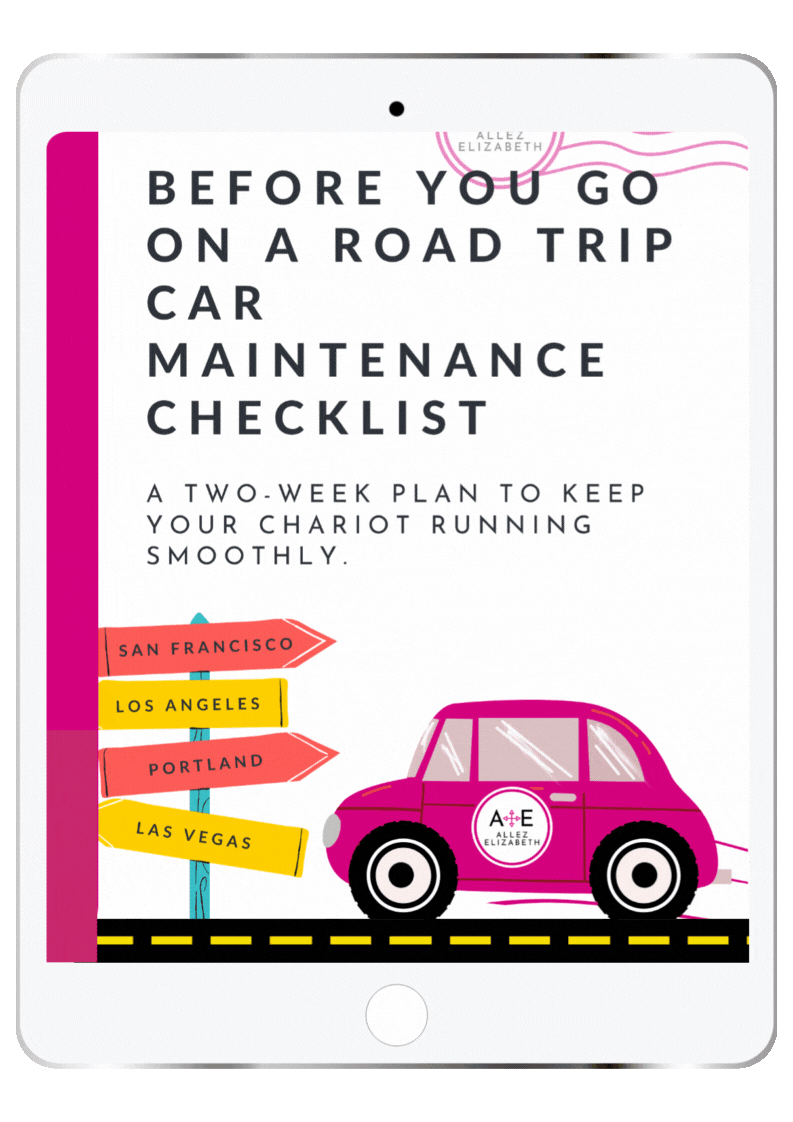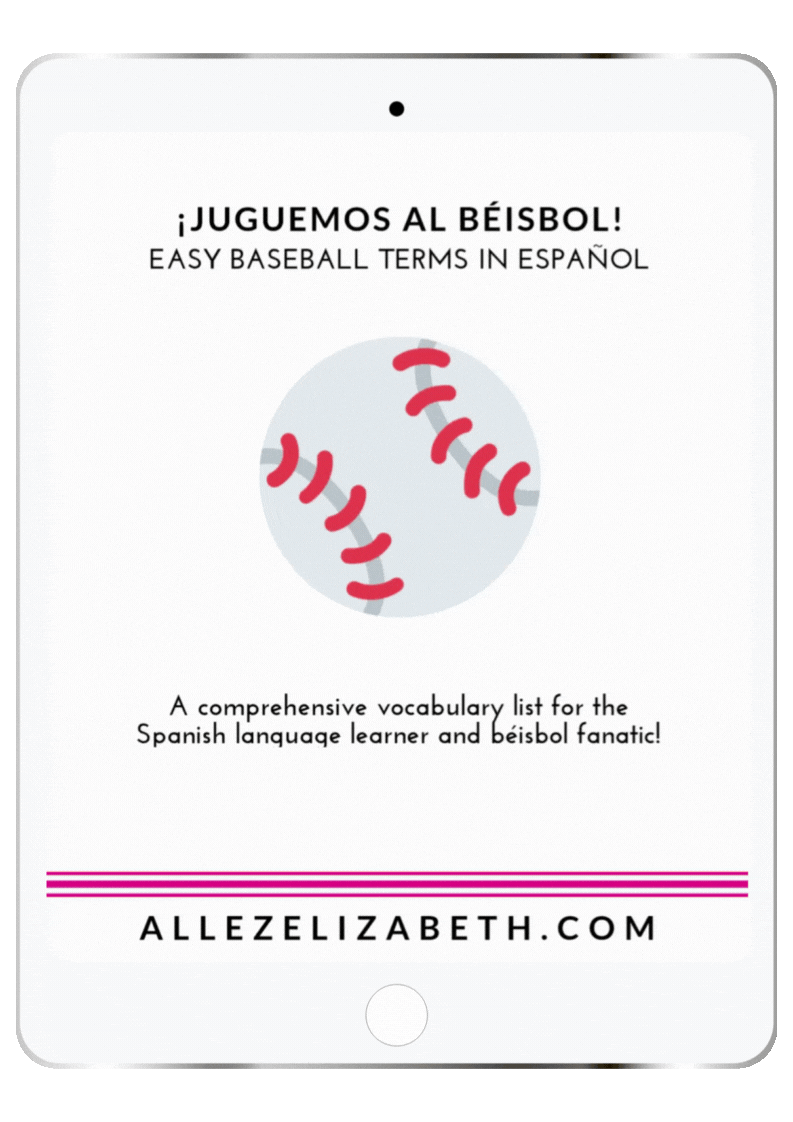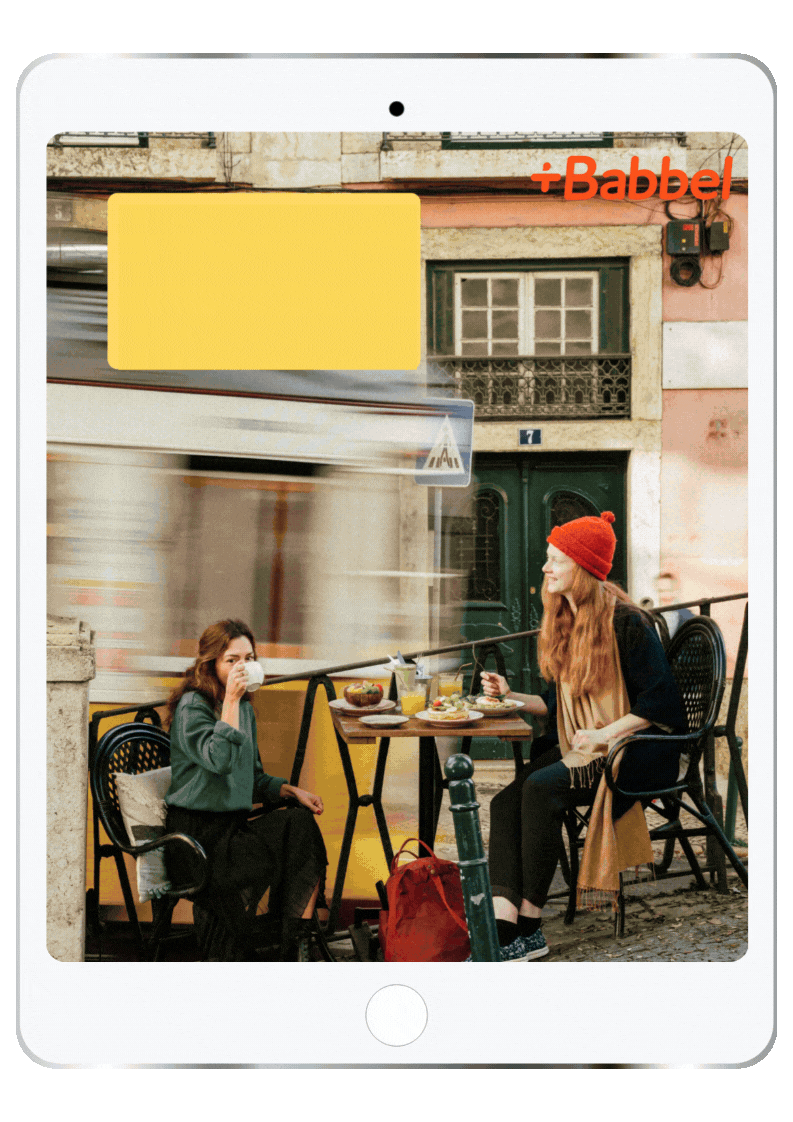French
Last Updated: August 24, 2025
Are you learning French?
Learning French can be a rewarding journey, but it often comes with its own set of challenges. I’ve faced my fair share of struggles, but I’ve also discovered numerous helpful tips and resources that've made the process smoother. Whether you’re just starting or looking to improve your skills, I'd like to share some insights to make your experience more enjoyable and effective, helping you thrive!
French Language Learning Blog Posts
-
So You Wanna Learn a Language? – 12 Reasons Why You Shouldn't Learn A Language
“A different language is a different vision of life.” Federico Fellini There are plenty of reasons to learn a
-
Fall into Fluency: 6 Activities to Boost Your Language Learning this Season
Keep your face always toward the sunshine – and shadows will fall behind you. Walt Whitman The leaves are
-
Learn How To Write Sentences in French and Start Speaking French Today
“The limits of my language means the limits of my world.” Ludwig Wittgenstein
-
Start Learning French Grammar With These Four Verbs
Although these three French verbs are often overlooked, not only beginners but also students who have been learning French for many years will be happy to discover that they help one learn many other words.
-
10 Things I Wish I'd Known Earlier About Learning French
I'm not going to lie, I've had a lot of trouble learning French. But it's worth it! In this post, I'll tell you some things that have helped me and maybe they'll help you too.
-
How I Learn Languages (2021 Edition)
If you’re a visual interpersonal learner, learn through videos/images in a group setting. You’ll probably get frustrated and lose momentum if you attempt self-study. So don’t sabotage yourself! If you find yourself fitting into many of these categories, try a few out and see where you fit in the most.
*Hey, this page contains affiliate links. There’s no extra cost to you, but I receive a small commission when you decide to use them. They help me keep this party going.
French Language Learning Links
- Alison French – offers several free courses.
- Ba Ba Dum – interactive flashcards available for several languages.
- Babbel
- BBC Languages French – although it is no longer being updated, it's still a good resource.
- BonPatron – free; Pro $15/ year – if Grammarly had a French cousin, BonPatron would be it. It's a great way to practice your writing, which it will correct. This helped correct a lot of the beginner Franglais mistakes. I did have a membership at one point because I didn't want the ads AND I wanted to keep a log of my entries.
- Coffee Break French Podcast
- Easy French: “Learn language from the streets!” They also offer other languages. It's one of my favorite YouTube channels.
- Français Facile – may not look pretty, but it does the job. You'll have plenty of worksheets and practice tests to keep you busy.
- France-Amérique – one of my favorite mags.
- French in Action—I am a child of the '80s and spent many hours watching PBS. This was my introduction to French in a way that forced me to learn to listen to the language and understand it as quickly as possible.
- French Linguistics: Grammar Tips and Articles – When in doubt, practice some grammar.
- French Vogue – another mag that makes it to my hands each month.
- italki – perfect for a more personalized language learning experience. They also have an app, and you can pay per lesson!
- Learn French By Podcast
- Lingua – choose from 5 languages. Vocabulary games, spaced repetition.
- Linguanaut French – another free language resource with other languages available.
- Litterature Audio – audiobooks in French
- News In Slow French (Intermediate) Podcast
- One Thing in a French Day Podcast
- Pimsleur – language immersion course. A bit pricey, but well worth it!
- SquidTV France – listings of Francophone television channels and radio stations.
- The French Tutorial – simple and easy French if you're just starting out.
- Traduction du Français au Français – ha! French translation by French folks.
*Hey, this page contains affiliate links. There's no extra cost to you, but I receive a small commission when you decide to use them. They help me keep this party going.
French Language Learning Apps
- TV5MONDE: Learn French (formerly the 7 jours sur la planète by TVMONDE)
- Beelinguapp: Learn Languages with Audiobooks
- Duolingo
- La conjugaison Français
- Larousse Français
- Lingopie
- Mango Languages
- Polly Lingual French
- Projet Voltaire
- Speak and Translate by Apalon Apps. Available for iOS only.
Movies in French
- La Haine
- Au Revoir Les Enfants
- Ma Vie En Rose
- Blue Is the Warmest Color
- L'Auberge Espagnole
- Le Château De Ma Mère
- La Gloire De Mon Père
- Rien à foutre (Zero Fucks Given) – trailer
- Jean de Florette
- Manon of the Spring
- Les Triplettes de Belleville
- Amélie
- La Cage Aux Folles

French Language Learning Books
- 50 French Coffee Breaks: Short activities to improve your French one cup at a time
- A Frequency Dictionary of French by Deryle Lonsdale (Routledge)
- Barron’s Learn French the Fast and Fun Way
- Berlitz French Verb Handbook
- Berlitz French Grammar Handbook
- Berlitz French Business Dictionary
- Bescherelle Dictées
- Bescherelle L'essentiel : le tout-en-un de la langue française: grammaire, orthographe, conjugaison, vocabulaire, expression
- Better Reading French by Annie Heminway
- Collins Easy Learning French Series
- Colloquial French Grammar by Wiley-Blackwell
- Comparative Grammar of Spanish Portuguese Italian and French: Learn & Compare 4 Languages Simultaneously by Mikhail Petrunin (perfect if you’re trying to learn other Romance languages together)
- Cortina Method Conversational French in 20 Lessons
- Dictionnaire Étymologique de La Langue Française by Librairie Hachette (for l'Académie française) – old book, but if you can find it, guard it with your life!
- Dirty French: Everyday Slang from “What's Up?” to “F*%# Off!”
- English Grammar for Students of French
- Essential French in 2 Hours with Paul Noble
- French At A Glance by Gail Stein
- French Conversation DeMystified by McGraw-Hill Education
- Hide This French Book by APA Publications
- Hugo in 3 Months French by Ronald Overy
- Hugo Advanced French by Ronald Overy and Jacqueline Lecanuet
- In-Flight French: Learn Before You Land by Living Language – just the basics, ma'am. It's intended for use while traveling to your destination.
- Language Hacking French by Benny Lewis
- Learn French with Paul Noble Series
- Le souvenir French Phrasebook and Journal by McGraw-Hill Education – this is a travel journal that includes a phrasebook.
- Next Steps in French with Paul Noble for Intermediate Learners – Complete Course
- Practice Makes Perfect French Conversation
- Practice Makes Perfect French Reading and Comprehension
- The Berlitz Self-Teacher French
- The Singer's Manual of German and French Diction by Dr. Richard G. Cox
- Ultimate Guide to Speaking Business French


Learning How to Speak French FAQ
How long will it take me to learn French?
The time it takes to learn French varies from person to person, depending on several factors, such as your previous language learning experience, the amount of time you dedicate to practice, and the methods you use. For instance, if you commit to studying regularly—say, 15 to 30 minutes daily—you may start feeling comfortable with basic phrases and conversations within a few months. Consistency is key! Engaging with the language daily, whether speaking, listening, or writing, significantly accelerates learning. Everyone learns at their own pace, so focusing on your progress is essential rather than comparing yourself to others.
Why do people say French is hard?
French often gets a reputation for being challenging, primarily due to its pronunciation, grammatical structures, and the abundance of silent letters. For instance, many sounds in French have no direct English equivalent, which can be intimidating at first. The grammar rules can also be complex, particularly in areas such as verb conjugations and gendered nouns. However, for English speakers, many similarities might surprise you! Thanks to their shared Latin roots, a significant portion of French vocabulary overlaps with English. With the right approach and resources, you'll likely find it’s not as difficult as it seems. As you practice more, you'll start to recognize patterns and gain a better grasp of the language, making it much more approachable.
Where should I start as a beginner?
For beginners, the best approach is to focus on foundational phrases and vocabulary you will use in everyday situations. Start by learning to greet people, introduce yourself, and ask basic questions. This builds your confidence and encourages you to engage in simple conversations. Language apps, beginner courses, or even YouTube videos can provide structured lessons to help you get started. Additionally, try to immerse yourself in the language by listening to French music or watching French films with subtitles. This exposure enables you to develop an ear for the language and reinforces your learning. Remember, the goal at this stage is to build a comfortable base, so don't rush the process—enjoy each step!
How can I improve my accent?
Improving your French accent is a vital part of becoming fluent, and there are several effective strategies to help you get there. One of the best methods is to engage with native speakers, whether through language exchange programs or conversation groups. Listening carefully to how they pronounce words and phrases will allow you to mimic their intonation and rhythm. Using language learning apps that focus on pronunciation can be highly beneficial, as they often feature audio recordings by native speakers, allowing you to practice alongside them. Recording yourself speaking can also be a helpful technique, as it helps you identify areas where you can improve. By incorporating consistent practice and exposure to the language, you’ll notice a gradual shift in your pronunciation skills.
What if I don’t live in France? How can I maintain my skills?
Living outside of a French-speaking country doesn't have to hinder your progress in learning French. There are numerous online resources available that enable you to interact with the language daily. Consider joining a local language club or finding conversation partners online through platforms like Tandem or HelloTalk. These communities allow you to practice speaking and listening skills with native or fluent speakers. Additionally, immerse yourself in French culture through media—watch French films, listen to French music or podcasts, and read French books or articles. This exposure will keep your language skills sharp and deepen your understanding of the culture, making your learning experience all the more enriching. The key is to stay motivated and engage consistently with the language.
What’s the best way to master verb conjugations?
Verb conjugation can be daunting initially, but with practice and the right resources, you can master it. Start by familiarizing yourself with the most commonly used verbs and their patterns. Using flashcards can help reinforce your memory as you practice. Many language study apps offer engaging games and quizzes designed to help with conjugations, making it less tedious. Practicing these verbs in context is also essential—try writing sentences or speaking simple phrases using different tenses. This practical application will help solidify your understanding. Over time, as you expose yourself to more French through reading and conversation, you'll see these conjugation rules in action, further enhancing your learning experience.
Are classes necessary for learning French?
While attending classes is not strictly necessary, they can provide valuable structure and interaction that self-study often lacks. In a classroom environment, you benefit from a teacher’s expertise and immediate feedback on your pronunciation and grammar, which is crucial for developing a solid foundation. Furthermore, classes often facilitate conversation practice among students, allowing you to engage with peers who are at a similar stage of learning. If you prefer a more flexible approach, consider online courses or tutorials—many offer interactive components that mimic the classroom experience. Ultimately, whether you choose classes or self-study, the most important factor is remaining committed and practicing consistently.
How can I tackle my fear of speaking?
Fear of speaking is a common hurdle for many language learners. The first step to overcoming this anxiety is to remember that making mistakes is a natural part of the learning process. Start practicing with supportive friends or language partners who understand your challenges and can provide constructive encouragement. Focus on speaking slowly and clearly; it’s not about perfection but communication. You can also practice speaking in front of a mirror or recording yourself to build confidence. As you start to have small conversations and gradually develop your comfort level, you’ll find that the fear lessens with time. Celebrate each success, no matter how small, as progress truly matters.
How can I make my learning more enjoyable?
Making language learning enjoyable is key to staying motivated! Consider incorporating activities that you’re passionate about into your study routine. If you love cooking, try preparing French recipes while practicing the vocabulary involved. If you're more into entertainment, explore French films or series—finding genres you love can make a significant difference. Additionally, joining a language club or participating in events can connect you with others who share your interest in learning French, enabling you to practice in a fun, social atmosphere. The more you align your learning with your interests, the more engaged and driven you will feel throughout your journey.
What if I forget words often?
Forgetting words is a normal part of the language learning process, so don't let it discourage you! One effective strategy is to keep a vocabulary journal where you can jot down new words as you encounter them. Review this journal regularly—repetition will help reinforce your memory. Flashcards can also be a valuable tool for quick, on-the-go review. Additionally, try using new words in sentences or conversations soon after learning them; this context helps with retention. Engage with the language daily, whether through reading, listening, or speaking—you'll find that as you immerse yourself, the words will begin to stick. You'll become increasingly confident in your language skills.
Follow Your Heart, Even If It Means Losing Your Mind for A Little Bit
I love French! This is the language I have studied the longest. I feel comfortable conversing in it now, although that wasn't always the case. It has caused me much heartache (and money) because I always wanted to perfect it. Now, je m'en fous.

*Hey, this page contains affiliate links. There’s no extra cost to you, but I receive a small commission when you decide to use them. They help me keep this party going.
PIN ME!












